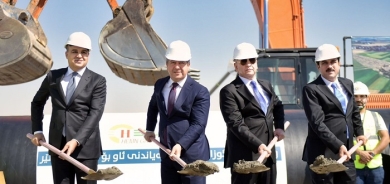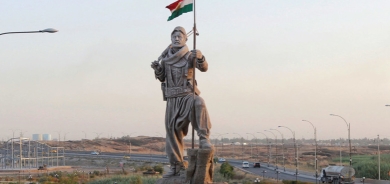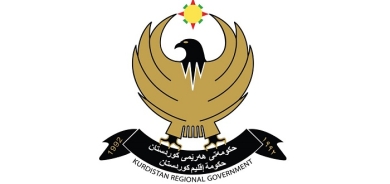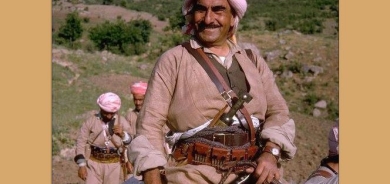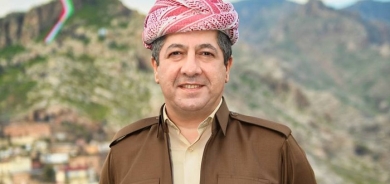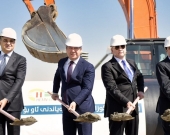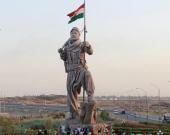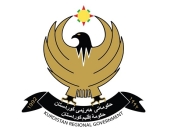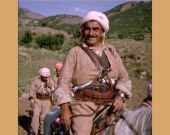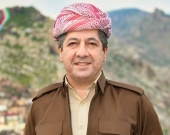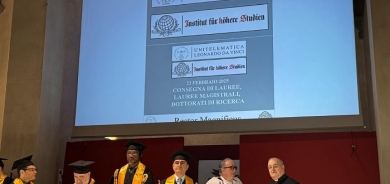The Trailblazing Journey of Mulla Mustafa Barzani: Pioneering Kurdish Independence

March 14, 1903, marked the birth of Mulla Mustafa Barzani, a figure who would become synonymous with the Kurdish struggle for independence. Born in Barzani village, nestled at the crossroads of modern-day Iran, Turkey, and the Kurdistan Region, his early years were fraught with adversity, setting the stage for a lifetime of defiance against oppression.
Early Years and Activism: At the tender age of three, Barzani and his mother were imprisoned by the Ottoman Empire, foreshadowing the tumultuous path he would tread in pursuit of Kurdish rights. Hailing from a lineage deeply entrenched in advocating for Kurdish autonomy, Barzani's involvement in the Kurdish struggle commenced early. Joining Sheikh Mahmoud Hafid's revolution in 1919, he quickly ascended the ranks, earning the trust of his older brother, Sheikh Ahmed Barzani, who entrusted him with the crucial task of forming alliances in Turkey's Kurdistan.
Exile and Resilience: Barzani's commitment to the Kurdish cause saw him endure numerous exiles, including a stint in southern Iraq. Undeterred, he returned to Kurdistan to lead his people in their quest for self-determination. The formation of the Republic of Kurdistan in Mahabad in 1946 saw Barzani assuming the mantle of Chief of Staff of the Kurdistan Army. However, the republic's collapse a year later, attributed by Kurds to external forces, led Barzani and his followers to seek refuge in the Soviet Union for twelve years.
Education and Military Acumen: During his exile in the Soviet Union, Barzani honed his military prowess, undertaking rigorous military studies and mastering the Russian language. His time in the Soviet Union not only equipped him with strategic insights but also solidified his position as a formidable leader within the Kurdish liberation movement.
Advocacy and Confrontation: Upon his return to the Kurdistan Region in 1958, Barzani intensified his advocacy for Kurdish autonomy, spearheading efforts to secure rights for his people. The landmark agreement with the Iraqi government in 1970, granting Kurds autonomy and educational rights, marked a significant milestone in Barzani's legacy. However, the betrayal by the Iraqi government in 1975, with the signing of the Algiers Agreement with Iran, underscored the fragility of Kurdish aspirations within the geopolitical landscape.

Enduring Influence and Demise: Barzani's indomitable spirit and unwavering dedication to the Kurdish cause reverberated far beyond his lifetime. Seeking medical treatment in the United States, he passed away in 1979, leaving behind a legacy that would continue to inspire generations of Kurds. His final resting place, initially in the Iranian Kurdish town of Shno, was a testament to his enduring significance. The eventual relocation of his remains to his ancestral village following the 1991 Kurdish uprising symbolized the culmination of his lifelong struggle and the realization of Kurdish aspirations for freedom.
Mulla Mustafa Barzani's life epitomized the resilience and determination of the Kurdish people in the face of adversity. From his early activism to his pivotal role in shaping the Kurdish liberation movement, Barzani's legacy endures as a beacon of hope for Kurdish independence. As the Kurdish struggle for self-determination continues, his memory remains a poignant reminder of the ongoing quest for justice and sovereignty in the region.
ئەمڕۆ 14 ی ئادار، ساڵیادی لەدایکبوونی مستەفا بارزانییە؛ سەرکردەیەکی تێکۆشەر بۆ خەباتی گەلی کوردستان. pic.twitter.com/iIOqx7fEjg
— KRG Dept. of Media & Information (@DMI_KRG) March 14, 2024

